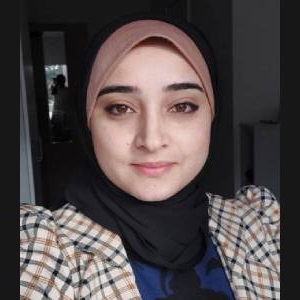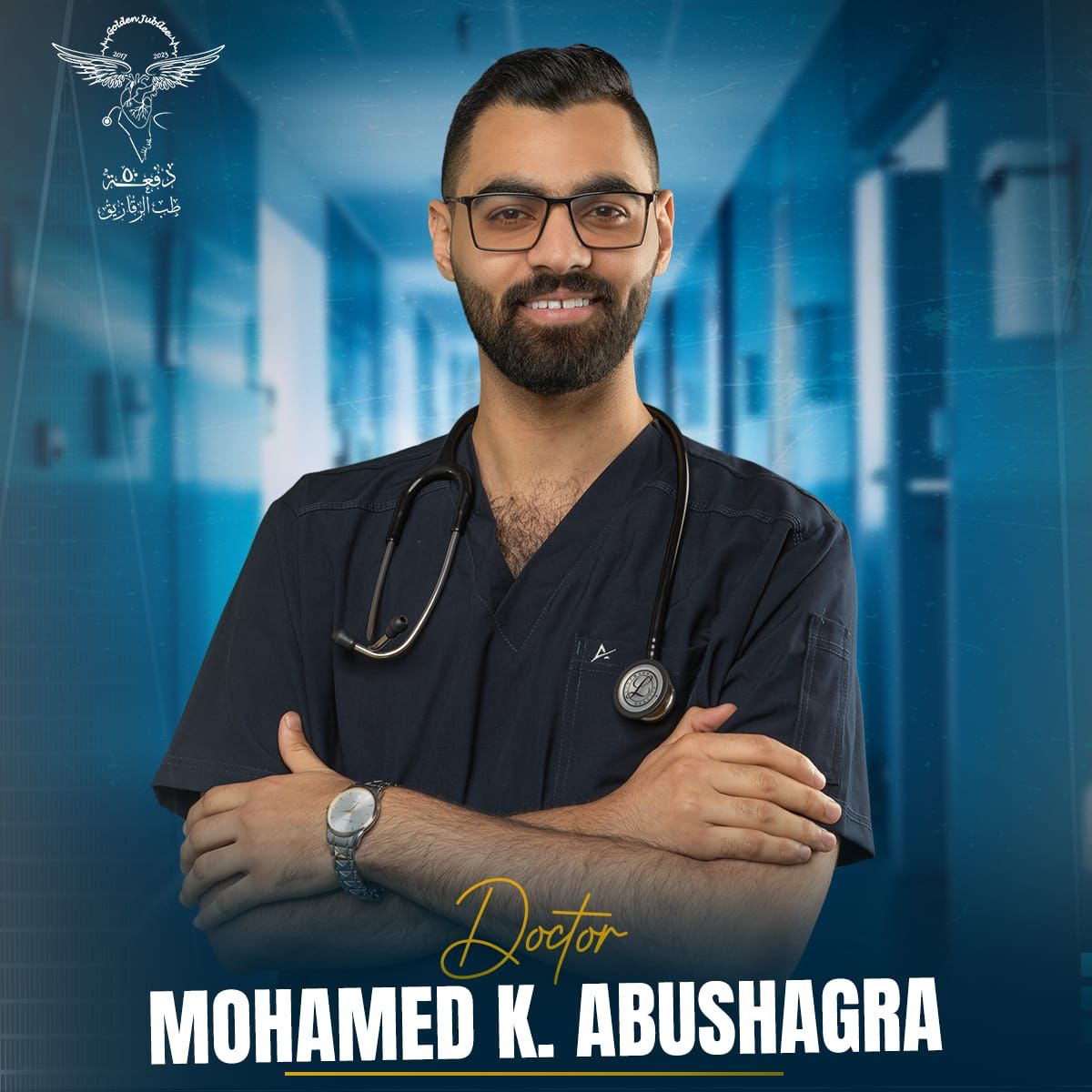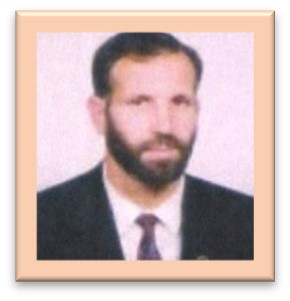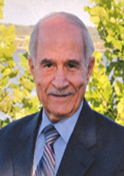

Everything is gone, but Gaza's students are still learning
Dalya Saleh
“When I return, I will sit at the cafeteria, have coffee, and cry.”
This is not nostalgia. It is a statement of survival, from a student whose university, like every other in Gaza, has been destroyed. Since 2023, Gaza’s universities have been bombed or rendered inoperable, leaving more than 90,000 students without access to formal education. Yet, learning has not stopped. It has moved to makeshift networks and digital platforms, driven by a deep commitment to education despite the devastation.
A group of computer science students from the Islamic University of Gaza created a Telegram channel that now connects over 1,200 displaced students. They exchange lecture notes, prepare for exams and support each other emotionally.
What started as a simple way to stay connected turned into a vital educational lifeline in a place where traditional learning is no longer an option. The students involved in this initiative describe it as a form of “collaboration, not charity” – a community-driven response to the lack of formal structures.
One student, a woman working on her masters thesis, faced the problem of being unable to afford the soaring internet prices with the borders closed. With no support from official institutions, she proposed a solution: create a shared, free internet hub for other students. She launched a crowdfunding page to support the initiative.
Thanks to her efforts, and the support of donors and the local community, a space was created where over 55 students now have access to the internet, allowing them to continue their studies. This initiative is just one example of how students are finding solutions to their educational challenges, even in the absence of institutional support.
In the midst of the crisis, Gaza’s medical students have also found ways to continue their education. Unable to attend lectures or clinical rotations, they volunteer in the few remaining hospitals and medical points. These students have taken on critical roles in Gaza’s struggling health system, gaining real-world experience while serving their community. One medical student said: “We are learning from real patients, in real time. This is our education now.”
Education is an anchor
After Gaza’s libraries were destroyed, some students took it upon themselves to preserve what they could. One group of students began saving PDFs of articles and other resources to create a digital library. This digital archive became an essential resource for many students who no longer had access to physical copies of their required reading. With difficulties gaining institutional support, it was the students themselves who ensured that learning could continue.
Majd, a student who started university in 2023, described how she faced the overwhelming grief of living through the war. Despite the constant losses, she refused to stop learning. “I die tens of times every day,” she says, reflecting on the trauma of the ongoing war. However, Majd insists that education is her anchor. She rejects online learning, saying: “The only way to do real education is to meet people.” Majd’s story highlights the deeply personal toll of the war and how, for many students like her, education has become a form of resistance – a way to reclaim something meaningful amid the destruction.
Heba, who lost her husband and is now raising four children, enrolled in a masters program to stay connected to something productive. “I don’t even fully understand what a masters degree is,” she admits, “but I need something to keep me going.”
For Heba, the pursuit of education is more than a career step; it is a vital coping mechanism in a life marked by loss. It’s a reminder of the resilience of Gaza’s students, who are holding onto education not because the conditions allow for it, but because the conditions demand it.
Reimagining education
Across Gaza, students have shown extraordinary resilience. Their work, whether in digital classrooms, makeshift learning hubs or volunteer medical roles, is a testament to their unwavering commitment to education.
They are rebuilding their educational infrastructure from the ground up, not waiting for external aid but creating what they need themselves. These are not isolated stories; they are the collective experiences of Gaza’s student community, which has transformed challenges into opportunities for growth, learning and solidarity.
Gaza’s students are showing the world that education isn’t something that survives a war – it is something that people fight to create, even when everything else is destroyed. What they are building, often in small, quiet ways, is a new educational paradigm – one that centers collaboration, community and resilience.
In the process, they are not just preserving knowledge; they are reimagining what education can and should be.
If we are to truly support Gaza’s students, the international community must stop focusing on rebuilding outdated systems. Instead, it must listen to the voices of those on the ground who are already reshaping the future of education. Gaza’s students are the present architects of a more just and meaningful educational world.
Dalya Saleh holds an MA in intercultural communication and education and is a research assistant at the School of Education at Durham University, England. Her work focuses on education in conflict-affected regions and intercultural learning. Prior to this, she spent over seven years in Palestine working as an English teacher and educational researcher.
This article is a commentary. Commentary articles are the opinion of the author and do not necessarily reflect the views of University World News.














